As a sport ethicist, I am often asked to comment on current issues in sport. With COVID 19, there are a variety of challenges facing sport. Most of us have lived our sporting lives on the court, on the field, in the pool, in the pitch, or in the gym, I will limit my remarks to the experience most affected by COVID 19 as it relates to sport – we cannot physically play.
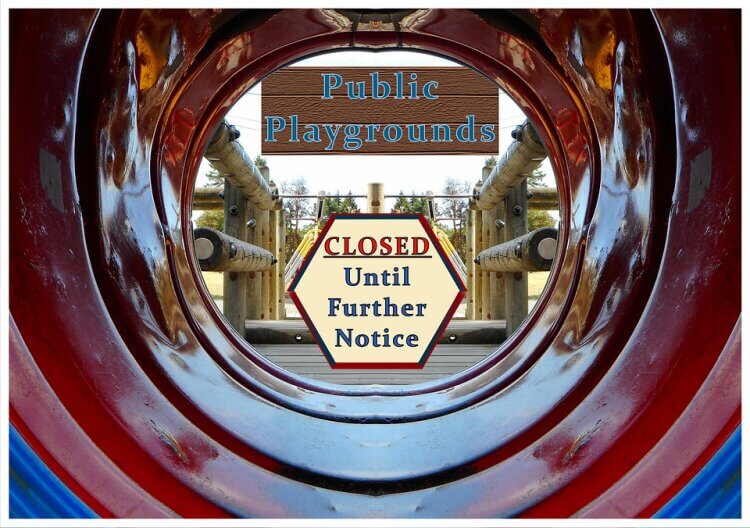
I was driving past our city park when COVID-19 first began and littered around all the children’s beautiful playground equipment was yellow plastic caution tape, barricading the area. A sign prominently said, “OFF LIMITS.” However, scattered about the park were children running and playing with their parents, present. A few days later, I was in a meeting and made a comment about the barricaded playground equipment and then errored when I asked, “When is play off limits?” I was lectured by others for not understanding the ramifications of children playing together and taking their germs home to their grandparents. Interestingly, I continued to hit a sore spot on this issue of children getting the chance to play. I asked several other people in the community about the yellow caution tape barrier around the playgrounds, and all of them agreed this was an essential action by the city council. I wonder, is this action essential and is it an ethical issue for this COVID 19 time we are living in?
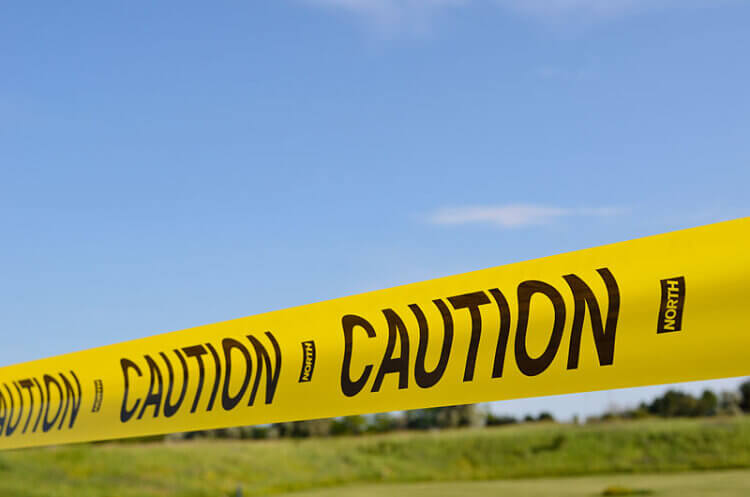
An ethical issue exists when a social issue conflicts with a moral issue. In most cases, moral issues deal with us having to make a decision that violates moral values like honesty, justice, and respect. For example, if we are expected to be truthful at the expense of our own benefit, we argue against the truth and usually lie. Did you eat the cookie? No, Mommy, I did not, said the four-year-old with cookie crumbs on her cheek.
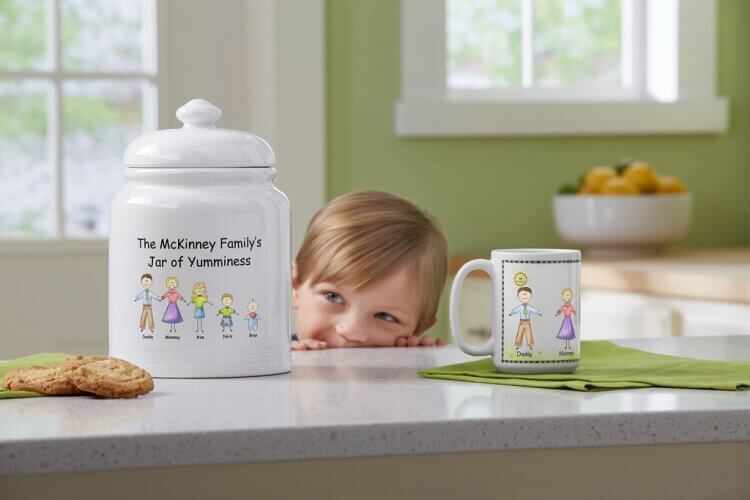
We lie for many reasons, but almost always to protect our own selves or to get something we want. We really are a rather selfish lot. We know when we lie. However, ethical issues can also be more devilish, especially when the moral issue lies hidden as in the case of the yellow caution tape and the “OFF LIMITS” sign.
Contrary to the common belief in my town, I believe there is a moral value tied to playing – especially for children. For children to grow well and be healthy, they need fresh air, plenty of exercise, love, support, safety, and optimal food. For optimal exercise, a child needs the ability to test their physical strength and endurance, coordination, flexibility, cardiovascular health, and so forth. Playgrounds offer these challenges in spades. Thus, when a child is denied the opportunity, the child is disrespected of what they need. In normal times, all would agree that such conditions are needed. That’s why these wonderful playground sites are built – beautiful, colorful, bright equipment planted on safety covered ground surfaces. When I see them, I want to go play too.
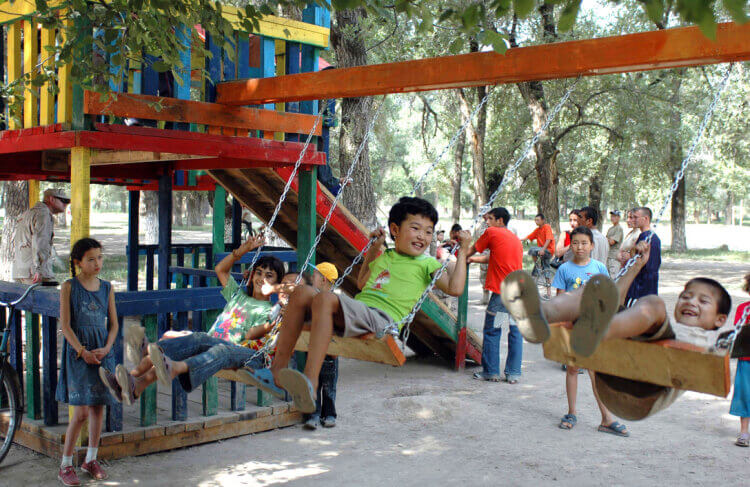
However, these are not normal times. Instead, we are living in a pandemic in which COVID-19 has plagued us. A highly communicable disease that picks at random and kills with no apparent concern about class, race, gender, or age. Some populations appear to be more at risk and maybe healthy populations less at risk. But, it may be too early to tell.
Thus, we have a social value – a social rule – that trumps the moral value of respect for children and keeping them healthy. The state or city decides what is good for children, and children are told that play is “OFF LIMITS”. Is there an alternative solution? I am not so sure that ending play for all children and young athletes is the best decision. Surely we can begin to figure out a way for children and youth to play in the park, on the court, on the field, in the pitch, in the gym, or in the pool.
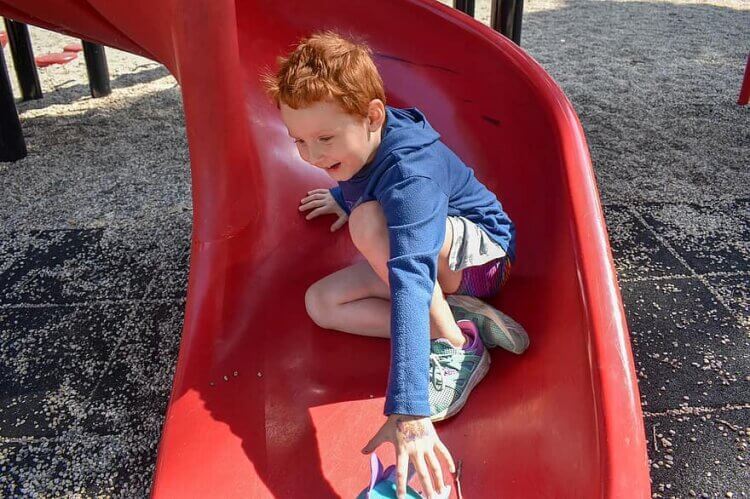
I am wondering why our community can’t come up with ways for children to play safely on the equipment. Surly so many bright people could figure out a way for children to stand in line – the appropriate distance and take their turns. And why can’t we figure out a way to disinfect after the fact? Parents apparently believe their children can run about the park and bump into each other and fall down laughing, but parents according to the city cannot monitor their own children on equipment.
Thus I wonder, should play be “off-limits?”
Just for the record, I am an older grandparent (really old) with preschool grandchildren with whom I play daily, not surprising to anyone who knows me. I am a contrarian often – so I am going to play daily with my germy little dirty fingered grandchildren. For me, damn the virus, I may die tomorrow, but I am going to play today for I believe play is a moral value, and not playing is an ethical issue.
